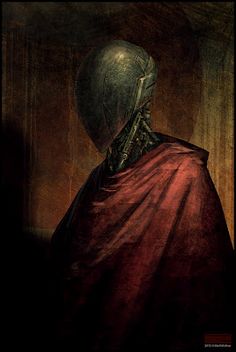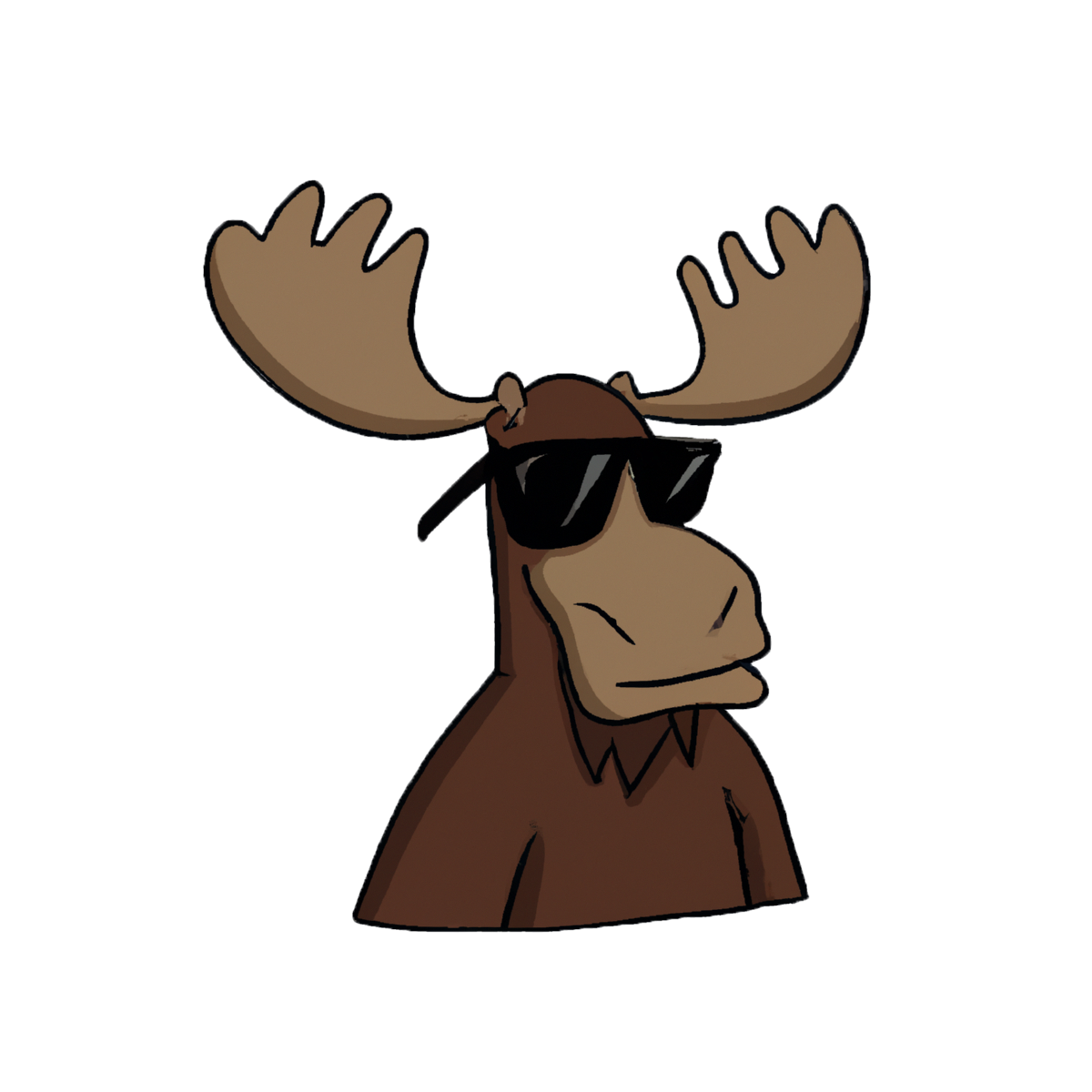Just wondering if anyone has any experience with them, got one, etc.
I had been eyeing the Revopoint brand but keep hesitating on buying. I don’t know anyone that has one and really would like to get more feedback. The Amazon reviews seem decent enough.
I am looking for something that can scan objects about hand size or larger and that I can walk around the object scanning. I don’t want to be limited to sticking the object on a scanning mat or turntable. I’m not going to be scanning minis (eg Warhammer). I do use the iOS and OSX platforms.
I just recently got a Revopoint Pop 2, and I’ve been thoroughly impressed by it. I feel anyone looking at 3D scanners needs to keep expectations in check (they are not magic), and it takes work to get good scans, but personally I think it’s well worth looking at Revoscan. For hand size and up, the Pop 2 or Pop 3 are great size. The mini is for very small objects, and I’m not sure of the Range can do that small (but it looks SIGNIFICANTLY better for larger objects). I’ve only had it for a week, but do you have any questions on it?
Also, check their ebay store. I got the Pop 2 openbox that way directly from Revopoint, and it was only $350 for the base, or $400 for the complete kit with turntable, battery bank, and case. The turntable alone is DEFINITELY worth the extra $50.
Here are some screenshots of scans. The head is my scan of the included sample part, and the 1 2 3 block is a machinist tool that is exactly 1 x 2 x 3 inches. I 3D printed it, and with calipers it checked about .010" off per 1", or roughly 1% “small”. That is with zero CAD work or scaling.


I checked eBay and couldn’t find anything except some air safety sensors under “revoscan”. When I googled, it looks like the software is RevoScan but the hardware brand is RevoPoimt.
Sorry, it’s revopoint not revoscan. It’s easy to say the wrong one when all you see if the software day to day… I fixed my comment above. I’ll try to get some screenshots up later today, but I’ve scanned lots of things with the turntable and I scanned my 21 month old when he was asleep on his beanbag.
eBay link: https://www.ebay.com/itm/125882395922
Yup I found them even I looked for RevoPoint. I was just commenting on case anyone else looked them up.
Actually for me their “range 3d” looks interesting as it seems to be designed with more portability in mind, but I’d love to see models from the other versions too
Do you have any examples of stuff you’ve scanned from small large objects? Not the model just a picture of what it generates from the scan for example purposes.
Okay so here come the questions!
So with the POP 2 - just so I am clear: You do not have to use it with any sort of mat or table right?
Also couple issues I have had that was frustrating with the phone apps that I was wondering about the Revopoint:
-
When scanning with the phone apps you get an error waaaay too easily if your hand slightly tilts the wrong way or you get going too fast (see my sarcastic first post). I had gotten around this by rigging the phone up to not move and rotating the objects I scan but 99% of the objects I want to scan are too large to do this with. I was wanting something that I could handhold scan without the headaches mentioned or at least a lot less.
-
How are the meshes? The ads made them look really good. I will admit the ones I got off the last app I had tried we’re fairly decent - it was just a matter of getting the scans done which were extremely frustrating.
I do not intend on using it with very small objects just stuff say anywhere from 6 inches up to human size that I would print on an Ender or resin printer if mine depending on what it was scanned.
Have you tried the reality scan app by Epic games? I did not get great results from the one scan I tried, but I’ve seen really good scans, and it doesn’t care how fast you go or what direction.
That being said, as long as the revopoint keeps tracking: no errors. The only times I’ve had it lose tracking were when scanning a 1 2 3 block without spray (shiny metal) and when trying to scan my car dash in a fairly dark garage (high gloss black). For anything shiny and maybe very dark, you need spray of some sort; either the purpose made stuff or talc free foot spray.
The meshes can vary from mostly smooth with some bumps to kind of having a fish scale effect, but the later is from over scanning. Apparently you should always scan either one rotation on the table or only roughly 300 frames at a time for the cleanest result. You can convince as many scans as you want though. As I said below I’ll screenshots of my results later tonight.
For 6" objects the POP line is perfect. For people or people sized objects the Range looks significantly better, but the range might struggle with 6" objects. I guess it’s pretty common for people who get into 3d scanning to have multiple scanners based on what size you are scanning. The POP 2 can scan people, but you have to move a maybe 5x5 or 6x6 “window” around them to get all the detail. The Range had a significant larger view/window to scan people much much faster. The faster you can scan the less likely it is to lose tracking.``
Thanks for the feedback! I might look into this line some more.
I have not had any issues with anything shiny with any apps so far. Perhaps it has just been what I have been scanning? Everything has been either dull objects or flat painted, etc but I will keep that in mind.
-
Quick T Rex toy scan (~4-5" long); the black claws didn’t show up. scanned on the side they did, but they didn’t merge well. Coelacanth figure again ~5" long. The texture of individual scans on this guy looks amazing, but falls apart when merged together. The mesh itself looked quite decent with the merge though. Both of these could be 3D printed as is.



I’ve had pretty good results with photogrammetry, although the software I use is Meshroom, which isn’t available for Mac. There are alternatives like Regard 3D and Agisoft Metashape, but I haven’t tried them.
I do find it’s pretty important to get a good surface for scanning, though. The technique that’s worked best for me is to apply a thin layer of white tempera paint, and then flick on tiny spatters of blue tempera for texture. Tempera is nice because it washes off with water even after it’s dried, and it has a nice matte quality that’s useful for getting even lighting, which is important for the scan. If you’ve got an object where this is an unacceptable thing to apply to the surface, there are self-evaporating surface treatments you can get specifically for scanning, but they’re crazy expensive, so I rely on tempera whenever I can get away with it.
I’ve looked at several of the scanners that are available, but for the price I’m not satisfied that they’re enough better to make it worth it. Surface prep is still important, and the scanning software itself seems like a weak point for a lot of them. Meshroom is kinda slow, especially if you don’t have an nvidia gpu, but it’s free, which is hard to beat, and it’s pretty surprisingly usable.
If you look on YouTube there are a bunch of folks who have made reviews of the Revopoint and Creality scanners. They seem alright, but not good enough to be worth hundreds of dollars to me.
You might be interested in OpenScan
I have the CR Scan Lizard but have only used it for a few scanning jobs so far. Anything reflective causes a lot of issues with the scan but I was able to get some decent quality scans of my face, my hand, and a few other random objects I tested it on. Knowing how it performs now, I wouldn’t have paid full price. I feel the hardware is okay but the software is what holds it back, no alternative software that works with it either to my knowledge.
It seems with creality a lit is halfway there to be a great product.
Maybe what you want is actually a phone app? I can’t give specific recommendations, but I know there are apps that will attempt to reconstruct a model from photos taken at different angles.
I have tried a few of them without much satisfaction. Usually the scans are disappointing when it comes to the detail level. I want something that I don’t have to spend a lot of time cleaning up in blender or another 3d program.
The other issue I have had is no matter how careful I am with moving the phone around the subject, often it will error out which is mind boggling frustrating. Go to quick, it errors, too slow it errors, turn to fast, errors, get mad and throw your phone - well you get the picture.
Most phone apps likely won’t reach the quality of a standalone scanner for a variety of reasons. For instance, a lot of the ones I’ve played with don’t optimize the shutter speed, which can wreck havoc when some captures contain motion blur.
That said, have you tried the free 3d Scanner App yet for iOS? Yes, you may need to clean up your scans like any other phone app, but since it also lets you use the front-facing TrueDepth sensor as well as the rear, it can return a pretty darn good scan when it can combine that TrueDepth data with the usual photogrammetry point cloud. Plus, it’s got a bunch of post-processing tools to modify your scans afterwards, like cropping out extraneous elements using a box or a sphere, selecting mesh pieces to remove/retain, etc. It’ll also export to SketchFab as well as your usual 3d printable file formats.
And no, I’m not affiliated with it; I’m just a happy user who was able to successfully use it to 3d print my doggo sleeping as well as scan some gallery exhibits.




